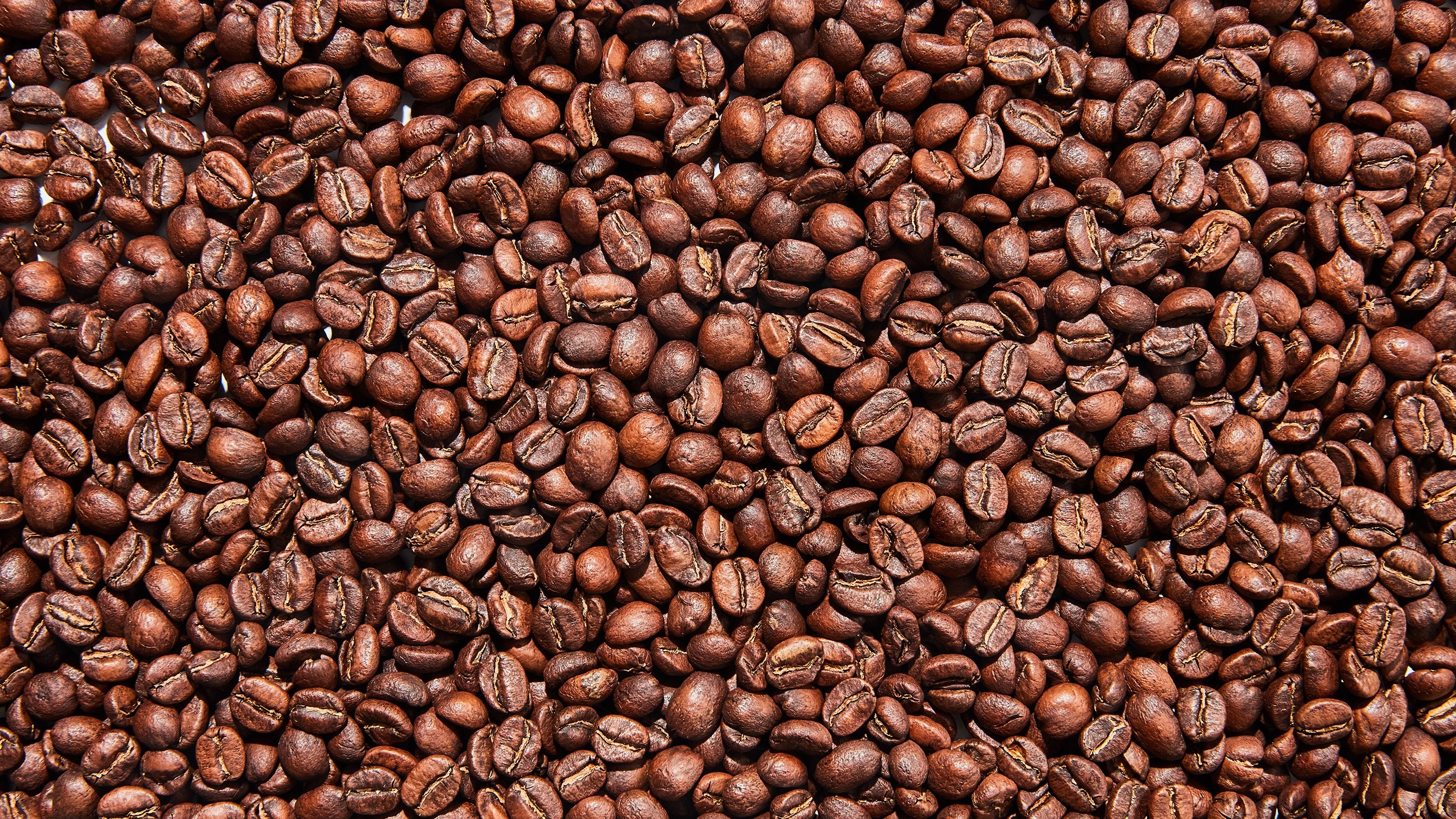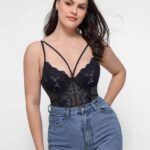The average person will associate specialty coffee with mochaccino, macchiato, or any other fancy-sounding name other than the regular black.
However, specialty coffee is actually a lifestyle.
Being an advocate means you are supporting small farmers who are buying into the concept. They employed best practices in growing the beans. For instance, they do not use chemicals in fertilizing the soil or pesticides to treat the trees.

When you buy specialty coffee beans online, you are purchasing organic products made with the highest regard for safety.
Specialty coffee is a quickly growing industry as more and more people have bought into the advocacy. According to Adroit Market Research, from the $36 billion in 2018, the market is projected to grow to $83.6 billion in 2025.
The research noted an upward trend in the number of soda drinkers who shifted to coffee. In terms of market, the UK, Germany, France, and Italy are the biggest market for specialty coffee worldwide. North America and Asia still have a lot of catching up to do.
The objective is to deliver only superior quality products to the end consumer. And once you order from a specialty store selling coffee beans online, you can never go back to instant coffee or Starbucks.
But how do you know that you are getting specialty coffee? Here are some handy tips:
- Where they are cultivated — Buy only from a website that shows the origins of the coffee beans. The distributor should be transparent about the region where the beans come from and the way they are processed. So, you should be looking for the altitude, the variety, the producer, the type of harvest, cupping notes, and the certifications.
Bonus tip: the more information you get from the label, the more you know that it is specialty coffee. It is much like vegans–they can’t stop talking about being vegans.
- The certifications — Anybody can make a claim they are selling specialty coffee. However, you need to look at the types of accreditation they have. Look for seals like Organic, Rainforest Alliance, UTZ, Direct Trade, or Fair Trade on the label.
- When were the beans roasted — The product label should also tell you precisely when the beans were first processed. It means that the product manufacturer cares about the freshness of the coffee when you mix it into your cup. They care about your experience whenever you take a sip. After all, that is what the entire industry is all about–flavour first before the packaging.
- When they describe the flavour — The average person is not aware that coffee has nuanced flavours. The notes should be specified on the label. For example, you can read on the cupping notes about the coffee giving you that hint of chocolate or caramel with a dominant sweet red fruit taste. In other brands, you will taste a sturdy crema, with a dark, rich flavour. So, when you drink the latter, the flavour is tilted toward a more chocolatey taste.
What you need to understand is that specialty coffee is a tightly-knit community. While manufacturers are also competitors, everybody has a stake in the success of others in the same industry. The ultimate objective is to deliver ethical, flavourful, and ecologically friendly products from the soil to your cup.


